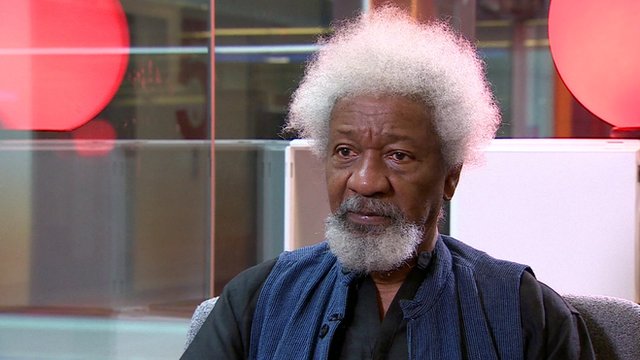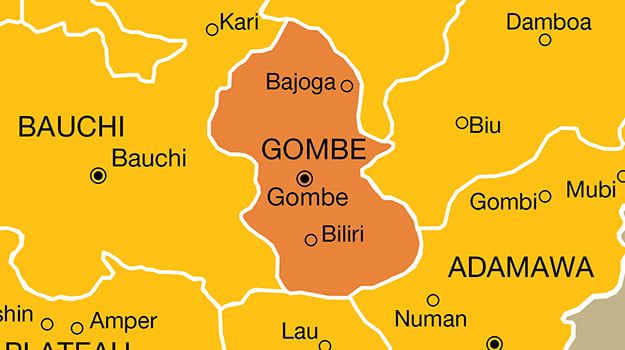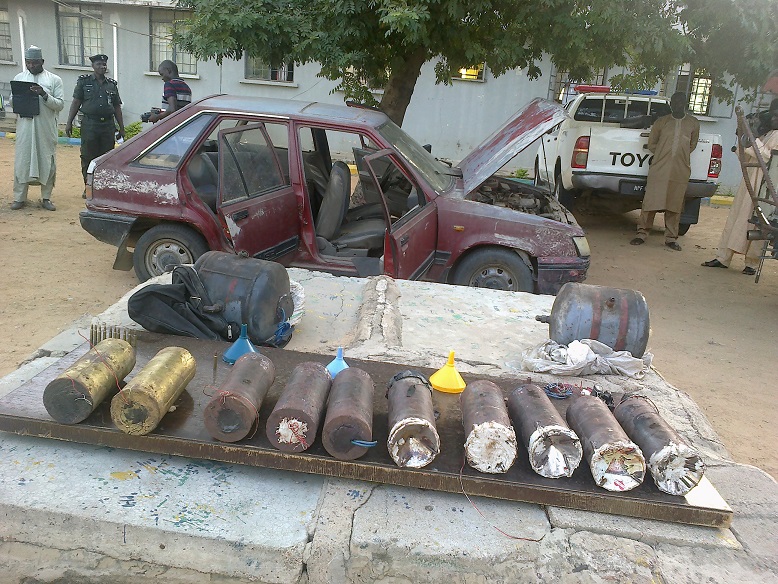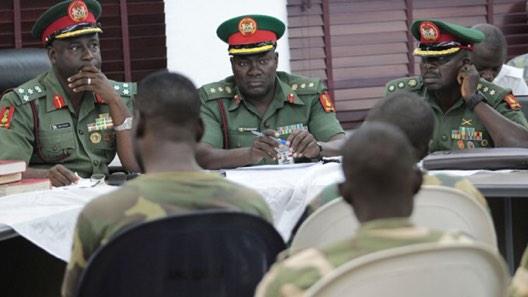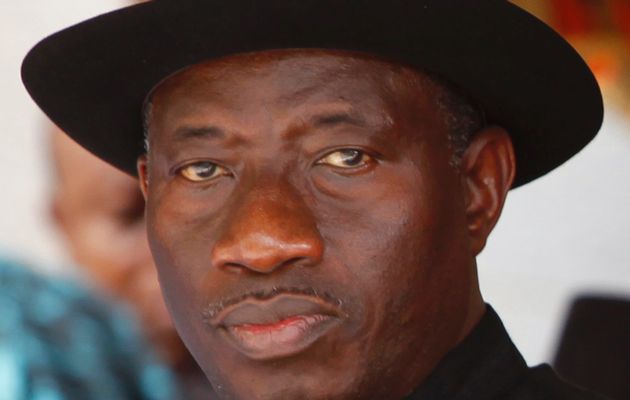The naira has hit N189 to a dollar at the black market on Christmas eve as a result an increased demand for the foreign currency.
Some black market currency traders who spoke to TheCable at Egbeda area of Lagos put the selling price of the dollar at N189 and the buying price at N187.
While the Central Bank of Nigeria (CBN) had said the post-devaluation band for the naira is “appropriately priced”, a report by Reuters also confirmed that black market hawkers out on the streets were trading it far below the official market band in the run-up to Christmas.
Despite an 8 per cent devaluation of the target band and efforts last week to crack down on currency speculation by squeezing liquidity, the naira remains at record lows.
Advertisement
But while the central bank and the interbank markets argue over the naira’s fair value, it’s harder to argue with the price on the streets, where dollars are bought and sold.
Nigeria devalued its currency and widened its target, trading band to N160-N176 against the dollar; but few analysts believe that can hold, given a steady decline in reserves.
Last week, when the naira hit a record low, the currency traded at N190 to the dollar, about 6.5 per cent below the lower end of the bank’s target band.
Advertisement
“People are wanting more of it now ahead of Christmas,” Ibrahim Sanni, a black market currency seller, told Reuters.
“Last week, we bought at N190, lower than ever.”
But he added that trading had been very slow since the end of November when the CBN devalued the currency.
The naira has been hit hard in recent months by a steep fall in the price of Nigeria’s main export, oil.
Advertisement
CBN also introduced new policies last week, banning banks from holding their own funds in dollars and decreeing that dollars bought from the interbank market can be held only for up to 48 hours. Trading has almost ground to a halt since the measures were introduced.
The rise in the dollar in heavily import-dependent Nigeria has caused pain ahead of the Christmas shopping season, with small-scale retailers saying sales were badly hit.
“Even in Christmas week, they aren’t buying,” Bola Maja, who runs a clothes shop in Lagos, said.
Advertisement
Add a comment
